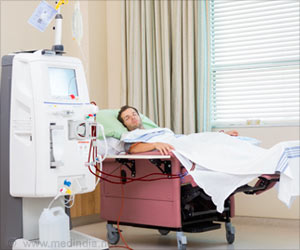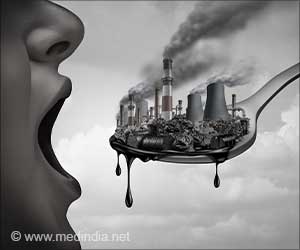Hwang Woo Suk the cloning pioneer of South Korea is defending his embattled stem cell research. He has called upon the editors of Science magazine in Washington to retract his work.
Hwang Woo Suk the cloning pioneer of South Korea is defending his embattled stem cell research. He has called upon the editors of Science magazine in Washington to retract his work.
The editor in chief of a US scientific magazine, Donald Kennedy said that Hwang would have 'days or weeks, and certainly not ... months' to explain and support his bid to retract a pioneering article that held out hope of medical therapy for degenerative disorders.Otherwise, the magazine's editorial board would have to retract the paper itself 'advising the scientific community to ignore" the research, Kennedy said. The paper appeared in May under 24 authors' names.
Questions have been swirling for weeks about the authenticity and ethics of the research. Last month, Hwang admitted to ethical violations in obtaining the human eggs used in creating 11 stem cell lines.
On 16 December 2005 he and fellow lead author Gerald Schatten, an American, submitted a letter to the magazine saying some of the results "could not be trusted", and there were problems with the DNA fingerprinting, Kennedy said.
'It is clear that the authors are going to need to provide more details as to where the errors lie and how they arose,' Kennedy said. "This is a disappointing episode.'
He said it was even more disappointing that some of the problems were known to the authors at the time they submitted the pace-setting research to the magazine, which had held out hope for many.
Advertisement
Hwang and his team at Seoul National University reported last year that they had become the first scientists to clone a human embryo.
Advertisement
The most recent research was especially hailed as offering potential breakthroughs for incurable diseases like Parkinson's and Alzheimer's disease and diabetes in which replacement cells could be genetically matched to patients, thereby removing the fear of tissue rejection.
The work also led Hwang in October to launch the World Stem Cell Foundation as part of a large consortium of scientists on three continents working on stem cell research for therapeutic use.
-Edited DPA





